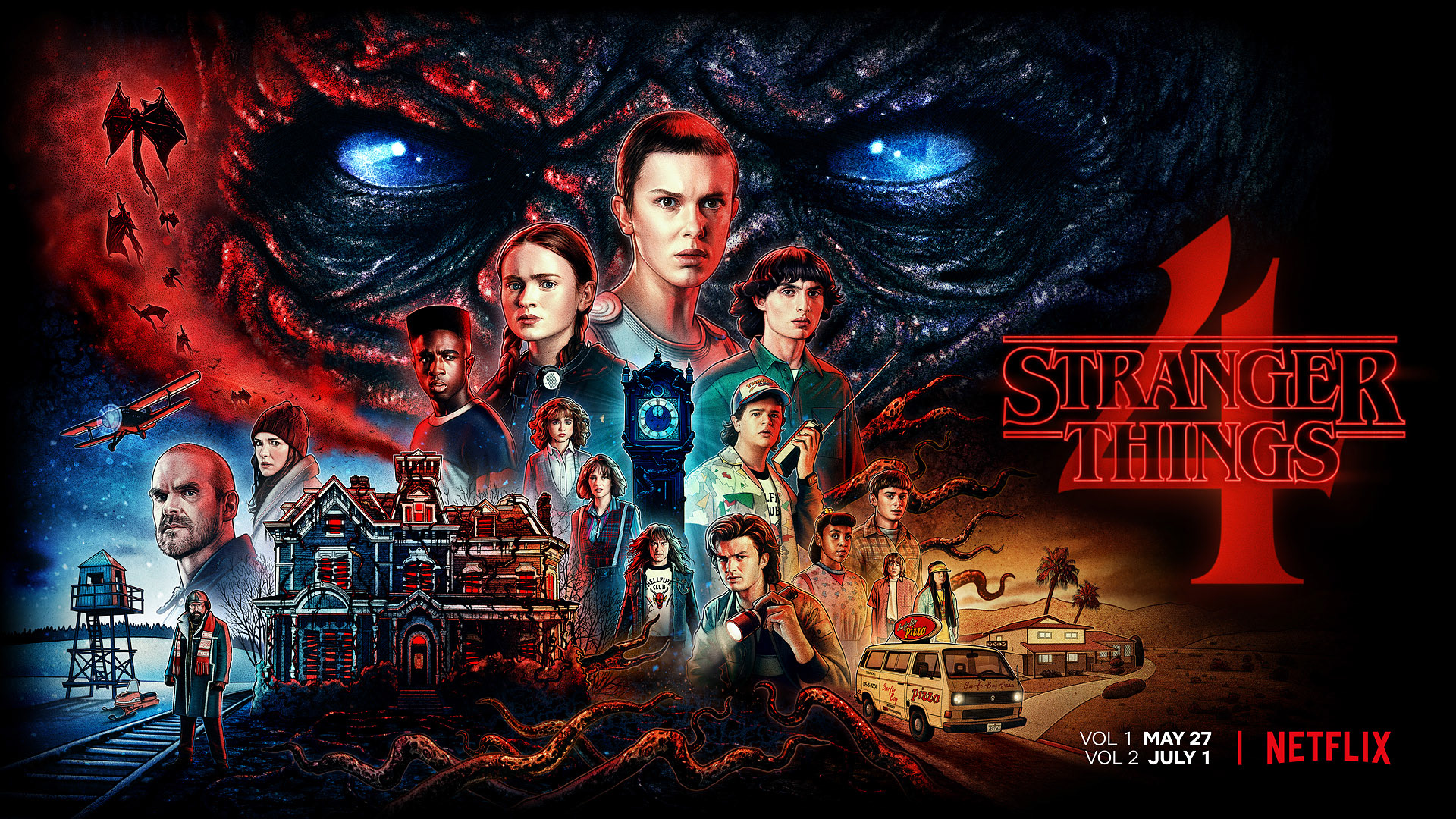Two of my favorite shows on TV recently wrapped their latest seasons. Well, technically Stranger Things has not yet wrapped season four, but the seven episodes that Netflix dropped in-advance of two more in July is close enough to constitute a season to help me make my point. Barry, meanwhile, actually did air its season three finale this past Sunday. While you may not think those two shows have very much in-common, there is one thing that links them: Their willingness to evolve when the situation demands it.
Spoiler Warning for Stranger Things Season 4 Part 1 and Barry Season 3
I’ll start with Stranger Things. The first three season of the show was, at its core, a show about kids. Unless you want to get super dark, shows (and stories in-general) about kids has a limit to how much true danger the kids find themselves in. Sure, some adults and ancillary teenagers have gotten killed on Stranger Things, but that’s different than having your primary characters – who happen to be children – suffering such a fate.
Now, the season three finale featured the death of a more central character than any of the previous episodes. Billy Hargrove, wicked stepbrother to Max Mayfield, had been possessed by the Mind Flayer and essentially fed it a bunch of people to turn it into a giant fleshy semi-kaiju. But, in the end, he managed to break his mind free, and died saving the life of Eleven. In some way, this signaled a turning point with the showrunners saying “No one is truly safe anymore.”
With a nearly two-year break between seasons three and four, the kids have grown into full-blown teens. Suffice to say, Teen Horror plays by different rules than Kids Horror. The Duffer Brother realized this, and drove season four straight into The Horror Zone. The new villain, Vecna, has a horrifying origin, and even more horrifying manner of claiming his victims – something between Freddy Krueger and Sadako/Samar from Ringu/The Ring. Max, who I mentioned earlier, landed right in Vecna’s crosshairs and needed the power of Kate Bush to escape. But my point is that, due to the need to escalate threats and endanger its now-teenage primary characters, the show evolved into something that can better utilize all the tools at its disposal.

For its first two seasons, Barry was a dark comedy about a hitman trying to leave the killing business behind while building a life for himself as a Hollywood actor. Or, at the very least, a guy taking an acting class and not killing people. It managed to sustain this even after the titular character murdered his old army buddy, and Detective Janice Moss who also happened to be the love of his acting teacher/idol’s Gene Cousineau’s life in order to keep the sins of his past a secret. But, again, the prior season hit a turning point that there was no turning back from.
By the end of season two, Barry Berkman had become obsessed with finding and murdering his former handler (and twisted father figure) Monroe Fuchs. This led Barry to a monastery where three separate gangs have met and called a truce, including the Chechens – who Barry helped train at the behest of his friend(?) NoHo Hank. But, with his bloodlust at a boil, Barry charged into the monastery and single-handedly wiped out almost every single person inside. Fuchs (who’s probably really more of a twisted uncle figure than twisted father figure now that I think about it) managed to escape, but the damage from unleashing his inner killing machine had nonetheless doomed Barry.
To their credit, Bill Hader and the creative team realized that it wouldn’t make a whole lot of sense for Barry to go back to his acting class. Especially since Fuchs had told Cousineau that Barry was the one who murdered Janice. So, the show had to evolve, and it did so by having Barry re-commit to his unfortunate true calling as a killer-for-hire. This broke Barry in ways that he wasn’t already broken in (and he was already very broken) and the tone of the show shifted to reflect that. Season Three was probably the least funny (thought there were certainly still some laugh out loud scenes), and yet it may have been the best top-to-bottom season yet. In fact, I have a hard time remembering any single season of a show besides Breaking Bad that maintained such an intensity and persistent sense of dread throughout. On top of that, the events of the season three finale set the stage to evolve once again in season four, and I, personally, cannot wait to see what it becomes next.
Many shows that start out strong allow themselves to stagnate in the mire of status quo. Considering how much content is demanding our attention from networks and streamers in this modern Darwinist landscape of television, Stranger Things and Barry have wisely evolved to survive.
